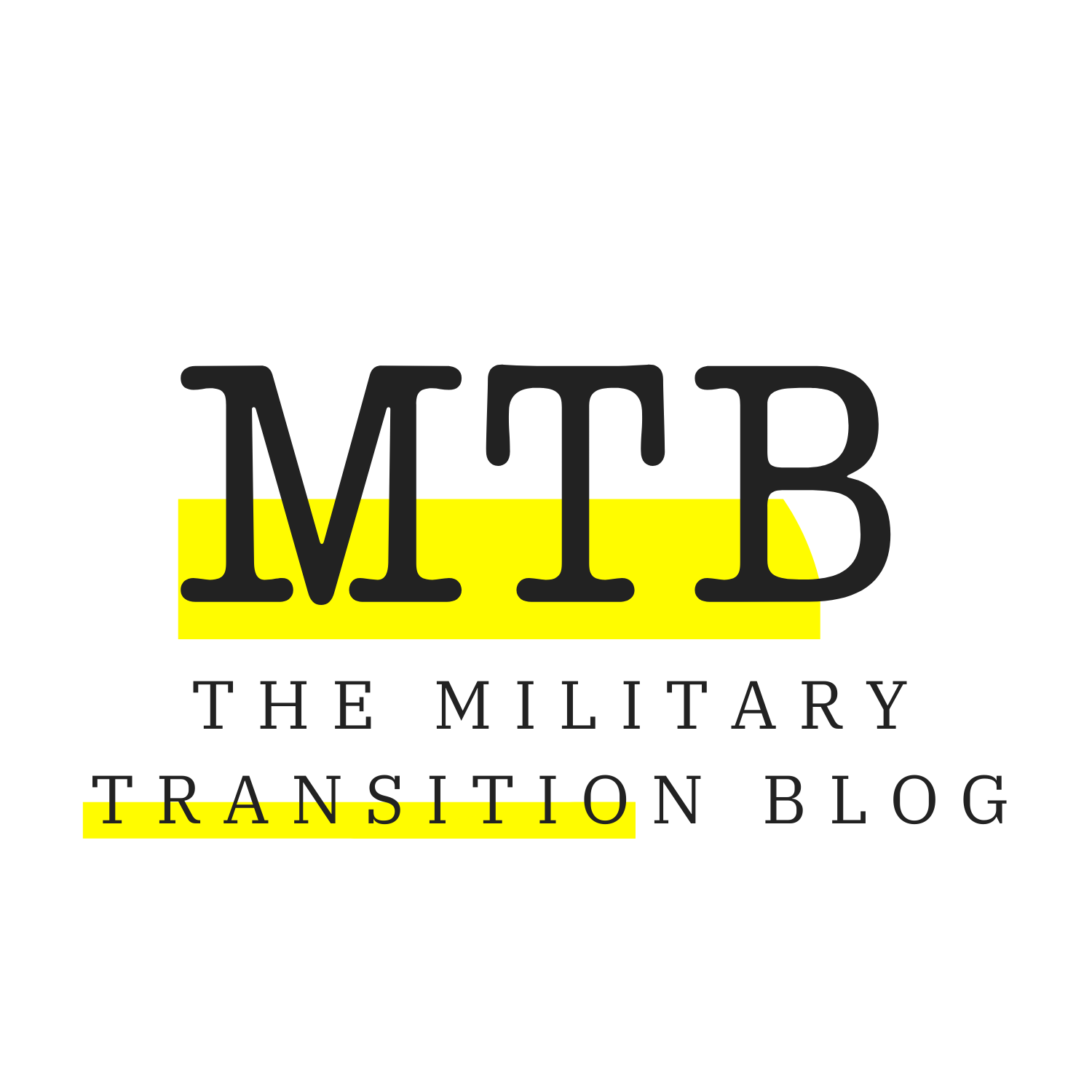The mandatory 180-day waiting period for military retirees pursuing federal jobs is a law that needs to be understood and planned for. This federal law was enacted in 1964 but went through a long suspension from 2001 until 2016 as a result of a state of national emergency caused by the 9/11 terrorist attacks. As of the writing of this article, the mandatory waiting period is active and requires a waiver to usurp.
5 U.S.C. § 1204(a)(3), Title 5, section 3326 governs this waiting period. The 180-day waiting period is for retirees and does not apply to those separating from military service. This is a waiting period for hiring into the Department of Defense (DoD) and not civilian firms. It does not prevent the retiree from applying within that 180-day timeframe, but it does prevent that person from being appointed to that position.

It appears this law was enacted to prevent misues of veteran’s preference. Specifically the “inappropriate favoritism towards veterans.” It began as a department memorandum that hoped to accomplish 3 things:
- To give full consideration to career employees before selecting a recently retired servicemember
- Make a reasonable effort to seek applicants from all possible sources, not just prior military applicants
- Not hold a position vacant for a preferred retiring servicemember
Imagine a MSgt in the Air Force retires, then the first day after his retirement and official date of separation he returns to his same office, and sits at the very same desk he occupied as a MSgt. Only this time he is wearing a collard Polo shirt, slacks, and Clarks. He is there, in a civilian capacity, to do the exact same job he did as an active duty Air Force Airman.
The ease of this, currently unauthorized, hiring method has its pros and cons.
Pros
- The losing office can maintain the knowledge and level of experience in that office
- Prevents a training lag time
- Ensures a continuation of income for the retiree without a break
Cons
- Favoritism
- Inappropriate manipulation of the hiring system
- Bias towards non-veteran applicants
- Creates unnecessary gaps in manning, which will affect manning and/or morale and inturn inevitably affects the mission
- It forces those retirees into the private sector that don’t want to or can’t wait
Waivers
Waivers may be submitted when it is determined that the retired military member is more highly qualified than the other candidates on the referral certificate. Positions that fall under the special salary rate table are also exempt from the policy. Work with the Civilian Personnel Office for more information on the waiver process.
The 180-day rule is nothing to fear and it best challenged when it is understood. Knowledge and preparation will put you a step ahead of the competition.





0 Comments